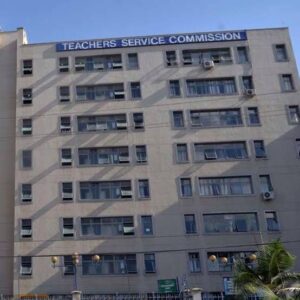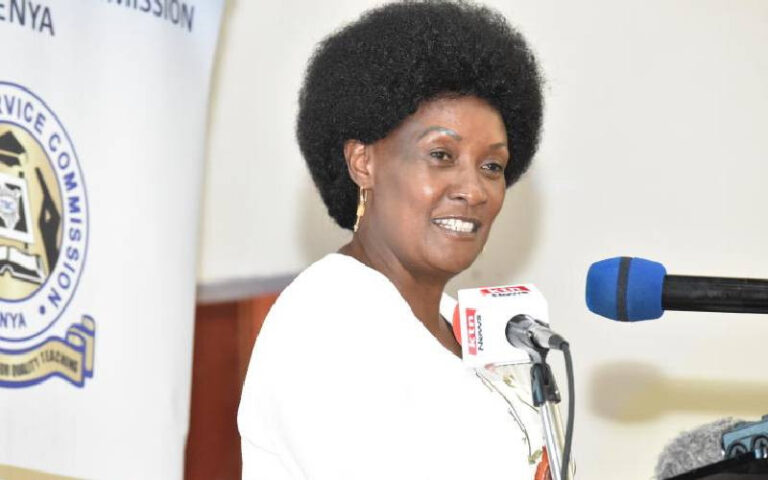TSC Intern Teachers Demand Full Salary & Arrears. It is now possible for more than 56,000 teachers who worked as Teachers Service Commission (TSC) interns to request that their employer reimburse them for their whole internship pay as well as any unpaid wages during that time.
A few of the intern teachers who are currently employed by TSC have threatened to sue the commission. This is in a bid to recover unpaid wages for the time they spent providing their services to junior schools.
Led by spokesperson Boniface Omari speaking in Nairobi indicated that the commission should start paying them for the neglected 15 months they had worked.
Additionally, the spokesperson disclosed that they are pursuing legal action to obtain reimbursement for the time they worked for TSC without receiving a full salary.
Omari insinuated that TSC now owes intern teachers Sh26 billion,money they are now demanding to be provided to them with immediate effect.
In addition, Omari registered the desire for the government through the national assembly to compel the TSC to fully adhere to the court ruling saying that teachers having similar qualifications should receive equal salary .

All the intern teachers now want the government to fully comply with the court decision in that all teachers bearing similar qualifications should receive equal pay.
In contrast to their agreement to teach only two topics, it was revealed during the court verdict on Wednesday that interns were teaching the whole curriculum, including areas like physics and mathematics in which they had prior training.
The Court claims that the aforementioned state complicates the interns’ standing.
TSC Intern Teachers Demand Full Salary & Arrears
Furthermore, it was discovered that while though primary and secondary interns only get an intern stipend of SH 15,000 and SH 20,000, respectively, these stipends are still subject to full taxes and government payments, including the contentious housing levy.
These teachers also don’t have the necessary resources or expertise instructing students at a low behavioral and psychological development level, which creates misunderstandings in their day-to-day service delivery.
